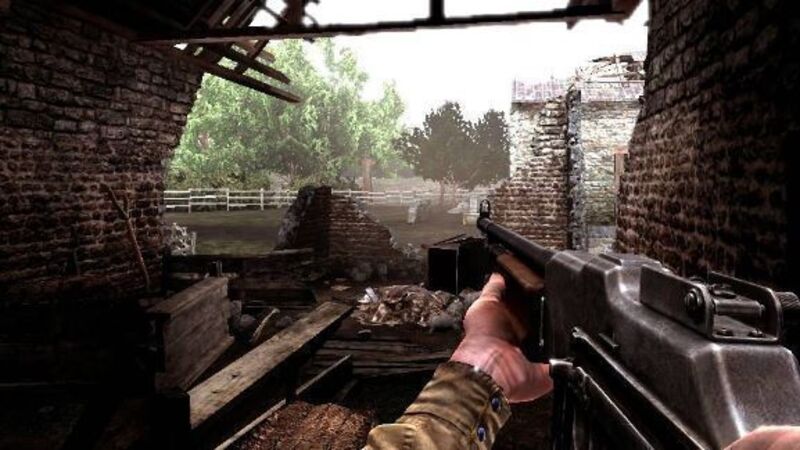Gamers targeted by US and British spy agencies

Stories carried by The New York Times, The Guardian, and the US investigative website Pro-Publica said US and British spies have for years trawled online games for terrorists or informants. The stories are based on documents leaked by former National Security Agency (NSA) contractor Edward Snowden.
Virtual universes like “World of Warcraft” can be massively popular, drawing in millions of players who log months’ worth of real-world time competing with other players for online glory, virtual treasure, and magical loot.













